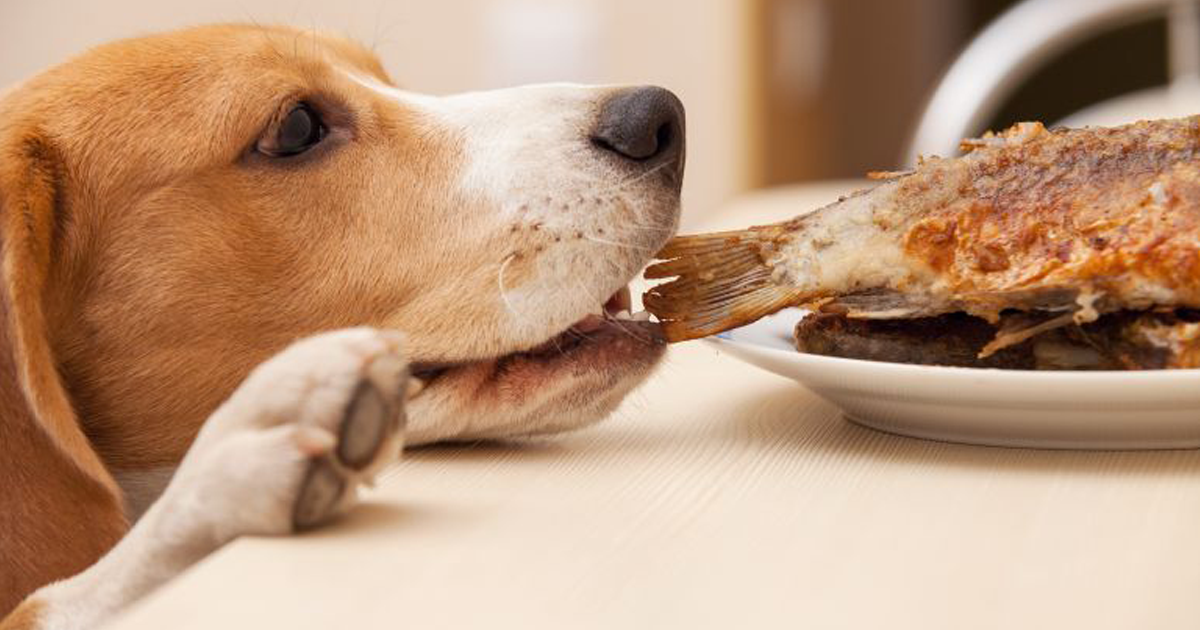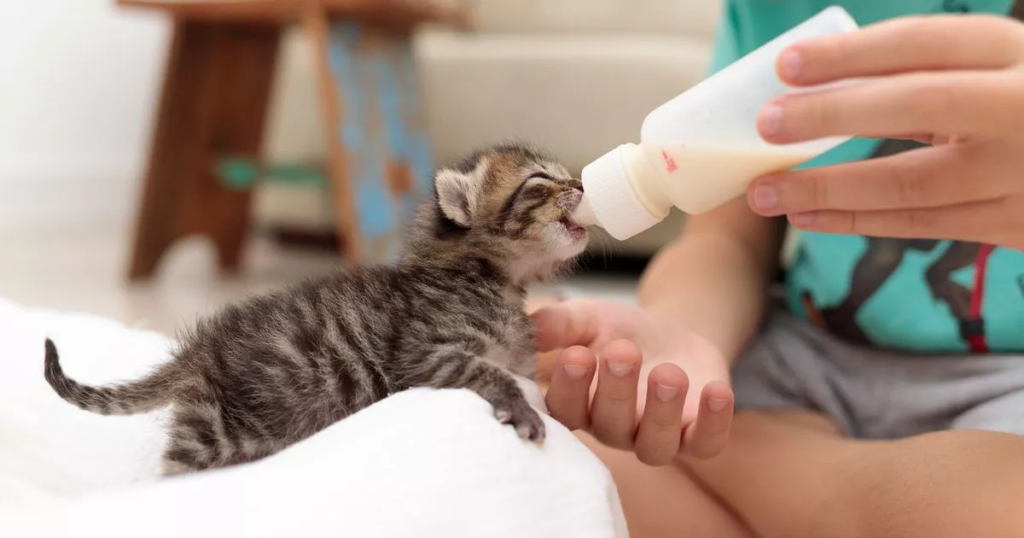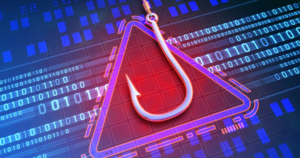Complete Guide to Dog and Cat Nutrition
The Crucial Role of Nutrition for Pets
Proper nutrition is the cornerstone of your dogs and cats health and well-being. It’s the fuel that keeps their bodies functioning optimally, supporting growth, energy, and overall vitality. Understanding the intricacies of pet nutrition is not just a choice; it’s a responsibility that every pet owner should embrace.
Understanding the Differences Between Dog and Cat Nutrition
Dogs and cats may both fall under the category of pets, but their nutritional needs couldn’t be more different. While dogs are omnivores with a more flexible diet, cats are obligate carnivores, requiring specific nutrients only found in animal tissues. It’s vital to grasp these distinctions to provide the best possible nutrition for your furry companions.
Basics of Dog Nutrition

Nutritional Requirements for Dogs
Dogs rely on a well-balanced diet to thrive. Understanding their specific nutritional requirements, such as proteins, carbohydrates, fats, vitamins, minerals, and water, is essential for their health. Each nutrient plays a unique role in maintaining their overall well-being.
Importance of Balanced Diets
Balanced diets are the foundation of a healthy dog. The right balance of nutrients ensures proper growth, muscle development, and a robust immune system. Discover how to create meals that meet your dog’s dietary needs.
Basics of Cat Nutrition

Nutritional Requirements for Cats
Cats have distinct dietary requirements due to their obligate carnivore status. Delve into the specific nutrients essential for feline health, including taurine, arachidonic acid, and vitamin A. Learn why these nutrients are critical for your cat’s survival.
Key Differences Between Dog and Cat Nutrition
The differences between canine and feline nutritional needs are more than skin deep. Explore the unique dietary preferences, feeding behaviors, and metabolic processes that set dogs and cats apart.
The Obligate Carnivore: Understanding Cats’ Unique Needs
Cats have evolved as obligate carnivores, relying on animal-based proteins for their dietary requirements. Uncover the reasons behind their carnivorous nature and the implications for their nutritional needs.
Commercial Pet Food vs. Homemade Diets
Pros and Cons of Commercial Pet Food
Commercial pet foods offer convenience and a balanced nutrient profile. However, they may also contain additives and fillers. Weigh the pros and cons of commercial options to make an informed choice for your pet.
Risks and Benefits of Homemade Diets
Homemade diets allow for complete control over your pet’s food. Learn about the potential benefits, including customization, and the associated risks, such as nutrient imbalances and food safety concerns.
Striking a Balance: Combining Commercial and Homemade Feeding
Can’t decide between commercial and homemade diets? Discover strategies for combining both to reap the advantages of convenience and customization.
Reading Pet Food Labels

Deciphering Pet Food Labels
Pet food labels hold valuable information about the product’s contents and quality. Unravel the jargon on labels to make informed choices when selecting pet food.
Identifying High-Quality Ingredients
Quality ingredients are paramount in ensuring your pet’s health. Learn how to distinguish between high-quality and inferior components in pet food.
Avoiding Harmful Additives and Fillers
Some pet foods contain additives and fillers that offer little nutritional value and may even be harmful. Explore a list of common additives to avoid and the potential risks they pose to your pet.
Understanding Life Stage and Breed-Specific Nutrition

Tailoring Nutrition to Your Pet’s Life Stage
Pets’ nutritional needs change as they age. Tailor their diets to their life stages, from puppy and kittenhood to adulthood and senior years.
Breed-Specific Nutritional Considerations
Different breeds have unique genetic predispositions and dietary needs. Discover how to cater to breed-specific requirements to ensure optimal health for your pet.
Specialized Diets for Unique Health Conditions
Pets with specific health conditions may require specialized diets. Explore dietary approaches for addressing issues like allergies, diabetes, and kidney disease.
Portion Control and Feeding Guidelines
Importance of Portion Control
Proper portion control is essential to maintain your pet’s healthy weight. Learn how to measure and manage your pet’s food intake to prevent obesity and related health issues.
Feeding Frequency: How Often Should You Feed Your Pet?
The frequency of feeding varies based on your pet’s age and lifestyle. Find out how often you should feed your pet for their optimal health and comfort.
Calculating Proper Serving Sizes
Determining the right serving size for your pet can be challenging. Discover methods for calculating the appropriate portion to meet their individual nutritional needs.
Allergies, Sensitivities, and Dietary Restrictions
Common Pet Food Allergens
Identifying potential food allergens is crucial for pets with allergies. Explore common culprits, including grains, proteins, and additives, that may trigger allergic reactions in pets.
Identifying Food Allergies and Sensitivities
Recognizing the signs of food allergies and sensitivities can be challenging. Learn how to pinpoint these issues and work with your veterinarian to develop a suitable dietary plan.
Specialized Diets for Allergic Pets
Pets with food allergies or sensitivities may benefit from specialized diets. Explore hypoallergenic and limited-ingredient options designed to alleviate allergic reactions.
Homemade Pet Food Recipes
Balanced Homemade Dog Food Recipes
Crafting balanced homemade dog food requires careful planning. Discover a selection of nutritious and delicious recipes tailored to your canine companion’s needs.
Nutrient-Rich Homemade Cat Food Recipes
Homemade cat food recipes ensure that your feline friend gets the essential nutrients they require. Explore recipes that provide a balance of protein and other critical nutrients.
Ensuring Proper Nutrient Ratios
Balancing homemade pet food is essential to prevent nutrient deficiencies or excesses. Learn how to calculate and adjust nutrient ratios for your pet’s well-being.
Supplements and Their Role in Pet Nutrition
When Are Supplements Necessary?
Supplements can fill nutritional gaps in your pet’s diet, but they aren’t always necessary. Explore situations where supplements may benefit your pet’s health.
Common Supplements for Dogs and Cats
Certain supplements offer specific advantages for dogs and cats. Discover the supplements that can enhance your pet’s health, from omega-3 fatty acids to probiotics.
Consulting Your Veterinarian About Supplements
Before introducing supplements into your pet’s diet, consult with your veterinarian. They can provide guidance on the necessity and appropriate dosage for your pet’s individual needs.
Water: The Overlooked Nutrient
The Vital Role of Water in Pet Nutrition
Water is often overlooked but is a crucial nutrient for your pet’s well-being. Explore the importance of hydration and the role it plays in digestion, temperature regulation, and overall health.
Ensuring Adequate Hydration for Dogs and Cats
Dehydration can lead to serious health issues. Learn how to ensure your pet stays adequately hydrated and recognize the signs of dehydration.
Recognizing Signs of Dehydration
Pets can’t communicate their thirst, so it’s essential to recognize the subtle signs of dehydration. Discover how to assess your pet’s hydration levels and take action when needed.
Pet Obesity: Causes, Effects, and Prevention
Understanding the Obesity Epidemic in Pets
Pet obesity is a growing concern with severe health consequences. Gain insight into the factors contributing to this epidemic and its impact on your pet’s well-being.
Health Risks Associated with Pet Obesity
Obesity puts pets at risk of various health issues, including diabetes, joint problems, and heart disease. Explore the potential health consequences and complications of pet obesity.
Tips for Preventing and Managing Pet Obesity
Preventing and managing obesity in pets requires a multifaceted approach. Learn effective strategies, including diet modification, exercise, and regular veterinary check-ups.
Transitioning Your Pet to a New Diet
The Importance of Gradual Transitions
Abrupt diet changes can upset your pet’s digestive system. Discover why gradual transitions are essential and how to smoothly switch your pet to a new diet.
Common Challenges During Diet Changes
Transitioning your pet to a new diet can present challenges. Explore common issues, such as resistance and digestive upset, and how to address them.
Ensuring a Smooth Transition for Your Pet
Your pet’s comfort during a diet transition is crucial. Learn techniques to ensure a smooth and stress-free switch to a new food.
Special Dietary Considerations for Puppies and Kittens
Nutrition for Growing Puppies
Puppies have unique nutritional requirements for growth and development. Explore the key nutrients essential for puppies and how to provide a well-balanced diet.
Meeting the Unique Needs of Kittens
Kittens require specific nutrients to support their rapid growth. Delve into the dietary considerations for kittens and how to ensure they receive the necessary nutrients.
Proper Weaning and Introduction to Solid Foods
The weaning process is a critical phase for puppies and kittens. Learn the proper techniques for transitioning them from milk to solid foods for optimal development.
The Role of Diet in Pet Dental Health
Dental Health and Nutrition Connection
Your pet’s diet plays a significant role in their dental health. Discover how certain foods and feeding practices can contribute to healthy teeth and gums.
Choosing Dental-Friendly Pet Foods
Selecting the right pet food can aid in maintaining dental health. Explore options designed to reduce plaque and tartar buildup, promoting a healthy smile for your pet.
Supplementing Dental Care with Diet
In addition to proper nutrition, supplementary dental care is essential. Learn about dental treats, toys, and regular dental check-ups to keep your pet’s teeth in top condition.
Pet Food Safety and Storage
Safe Handling of Pet Food
Ensuring the safety of your pet’s food starts with proper handling. Explore guidelines for safely storing, handling, and serving pet food to prevent contamination.
Proper Storage to Maintain Freshness
Storing pet food correctly preserves its freshness and nutritional value. Learn the best practices for storing both dry and canned pet foods.
Recognizing Signs of Spoiled Pet Food
Spoiled pet food can be harmful to your pet’s health. Discover how to recognize signs of spoilage and when to discard food to ensure your pet’s safety.
Transitioning Your Pet to a New Diet
The Importance of Gradual Transitions
Abrupt diet changes can upset your pet’s digestive system. Discover why gradual transitions are essential and how to smoothly switch your pet to a new diet.
Common Challenges During Diet Changes
Transitioning your pet to a new diet can present challenges. Explore common issues, such as resistance and digestive upset, and how to address them.
Ensuring a Smooth Transition for Your Pet
Your pet’s comfort during a diet transition is crucial. Learn techniques to ensure a smooth and stress-free switch to a new food.
Special Dietary Considerations for Senior Pets
Nutritional Needs of Aging Dogs
As dogs age, their nutritional needs change. Explore the specific requirements of senior dogs to support their health, mobility, and overall well-being.
Catering to Senior Cats’ Dietary Requirements
Senior cats also require special dietary considerations. Learn about the nutrients and dietary adjustments necessary to meet the unique needs of aging felines.
Addressing Common Senior Pet Health Concerns
Senior pets may face age-related health challenges. Discover how dietary modifications can help manage common issues such as arthritis, kidney disease, and cognitive decline.
Raw Food Diets: Benefits, Risks, and Considerations
Understanding Raw Food Diets
Raw food diets have gained popularity among pet owners. Explore the concept of raw feeding, including its potential benefits and drawbacks.
Potential Benefits of Raw Feeding
Proponents of raw feeding claim various benefits. Investigate these potential advantages, including improved coat health, dental benefits, and increased energy levels.
Risks and Controversies Surrounding Raw Diets
Raw feeding also raises concerns and controversies. Explore the risks associated with raw diets, such as bacterial contamination, and the ongoing debate within the pet community.
Sustainable and Eco-Friendly Pet Food Choices
Environmental Impact of Pet Food Production
The pet food industry has a significant environmental footprint. Delve into the environmental impact of pet food production and its implications for sustainability.
Choosing Sustainable and Ethical Pet Food Brands
Make eco-conscious choices when selecting pet food. Discover how to identify sustainable and ethical pet food brands that prioritize environmental responsibility.
Homemade and Eco-Friendly Pet Food Options
Exploring homemade and eco-friendly pet food options allows you to reduce your pet’s carbon pawprint. Learn about DIY recipes and sustainable ingredients.
Conclusion
The Ongoing Journey of Pet Nutrition
Pet nutrition is a journey that continues throughout your pet’s life. It’s a commitment to their health and well-being that requires ongoing attention and adjustments. By staying informed and attentive to your pet’s unique needs, you can provide them with the best possible nutrition.
Prioritizing Your Pet’s Health and Well-Being Through Nutrition
Your pet’s health and happiness depend on the choices you make regarding their nutrition. By prioritizing their dietary needs, you’re ensuring they have the foundation for a long, vibrant, and joy-filled life. Embrace the role of a responsible pet owner by offering your furry companion the gift of optimal nutrition.
FAQ: Complete Guide to Dog and Cat Nutrition
What are the essential nutrients for dogs and cats?
Dogs and cats require a balance of proteins, carbohydrates, fats, vitamins, minerals, and water in their diets. These nutrients play vital roles in maintaining their overall health.
What sets cat nutrition apart from dog nutrition?
Cats are obligate carnivores, which means their diet should primarily consist of animal-based proteins. Dogs, on the other hand, are omnivores with a more flexible diet that includes both animal and plant-based foods.
What are the pros and cons of commercial pet food?
Commercial pet food offers convenience and balanced nutrition but may contain additives and fillers. While it’s easy to feed, understanding the ingredients and quality is crucial.
Are homemade diets a good option for pets?
Homemade diets can provide customization but come with risks, such as nutrient imbalances and food safety concerns. It’s essential to create well-balanced recipes and consult with a veterinarian.
How do I decipher pet food labels?
Pet food labels provide information about ingredients and quality. Learn to identify high-quality components, avoid additives, and understand the guaranteed analysis section.
What is breed-specific nutrition, and why is it important?
Breed-specific nutrition takes into account a pet’s breed-related needs and tendencies. It’s crucial to address breed-specific nutritional considerations to ensure optimal health.
When should I consider supplementing my pet’s diet?
Supplements are necessary in specific situations, such as addressing nutrient deficiencies or managing certain health conditions. Consult your veterinarian before adding supplements to your pet’s diet.
Why is proper hydration important for pets, and how can I ensure they stay hydrated?
Adequate hydration is essential for digestion, temperature regulation, and overall health. Ensure your pet has access to clean, fresh water at all times and be aware of signs of dehydration.
How can I prevent and manage pet obesity?
Preventing and managing pet obesity requires a combination of balanced nutrition, portion control, regular exercise, and veterinary check-ups. It’s essential to maintain a healthy weight to prevent associated health risks.
What should I consider when transitioning my pet to a new diet?
Gradual transitions are crucial to prevent digestive upset. Monitor your pet for common challenges during diet changes and employ techniques to ensure a smooth transition for their comfort.
In our previous article on pet nutrition, we discussed the importance of understanding your pet’s specific dietary needs. Now, let’s delve into the world of pet food safety and storage. Properly handling and storing your pet’s food is crucial to their health. To learn more about safe practices and recognizing signs of spoiled pet food, check out our comprehensive guide on Training Your Cat: How to Teach Litter Box Use within this blog.
For additional insights into pet nutrition and the latest trends in the pet food industry, we recommend exploring reputable sources like this article on “Medium”. This informative article offers valuable tips on selecting the best food for your furry friend. Additionally, for eco-conscious pet owners interested in sustainable pet food choices, Green Matters’ piece on “The Environmental Impact of Pet Food and How to Choose a More Sustainable Option” provides valuable insights into making eco-friendly choices for your pet’s nutrition.






Uma resposta